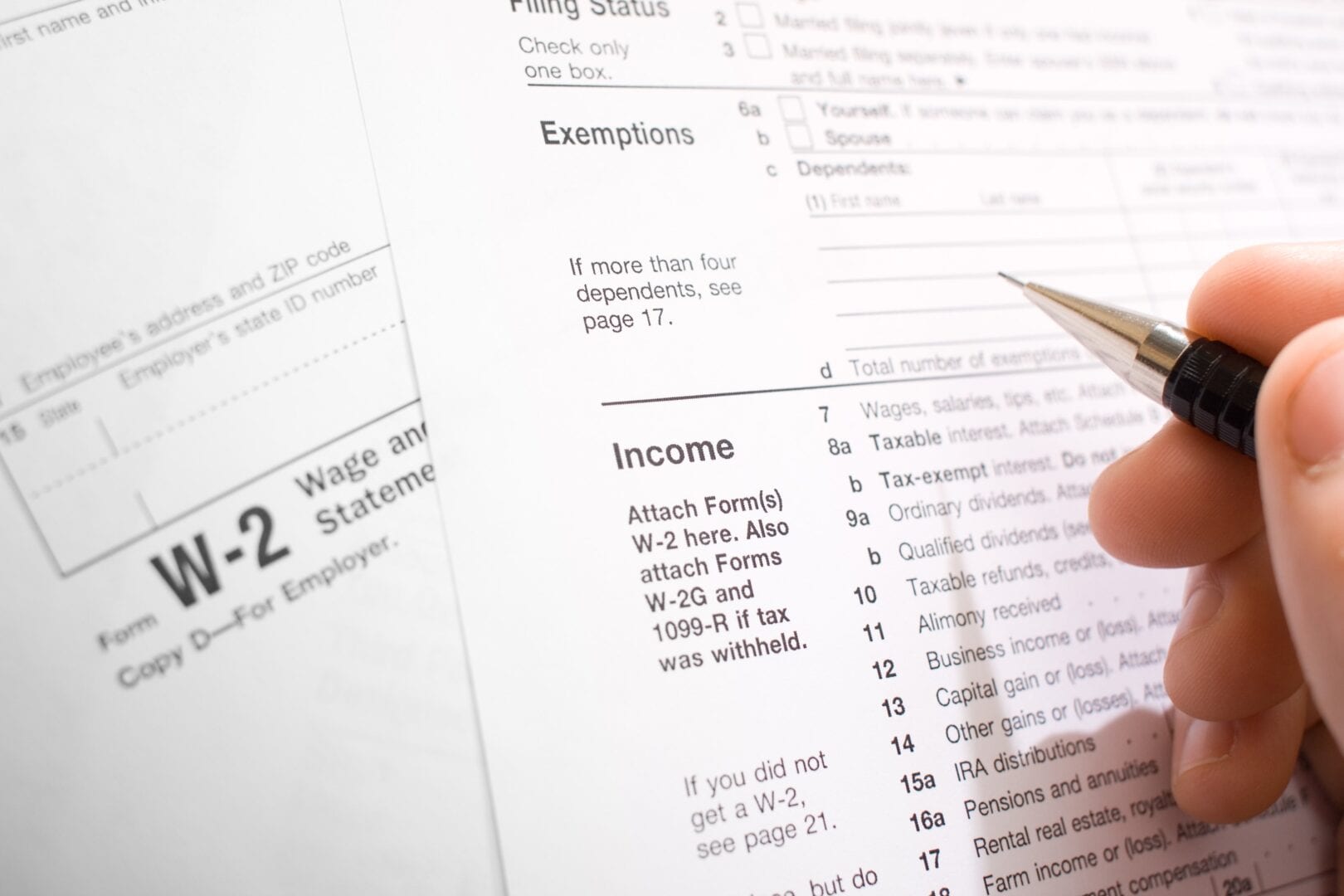In this article
When you’re looking for a caregiving job, you may hear families or other caregivers say that you should handle your taxes with a 1099 form because you’re an independent contractor. The fact of the matter is, that information is wrong in most cases when you look at how the IRS defines different types of workers.
In Publication 926, the IRS says that domestic workers (people like yourself working in a family’s home) are considered to be household employees, not independent contractors. Why is this important and how does it impact you? Read on to learn more.
Why is the distinction between an employee and an independent contractor important?
The big difference between employees and independent contractors are the tax forms that are filed. As a household employee, you file your personal income tax return using a W-2. It shows the wages you earned and the taxes your employer withheld from you throughout the year. Your employer should give you the form by the end of January following the year in which you worked for them.
Independent contractors file Form 1099 to summarize the payments they’ve received throughout the year and the taxes they’ve paid to the IRS.
How can you tell if you’re an employee or an independent contractor?
Beyond tax forms, the IRS says the difference between an employee and an independent contractor lies in the control of the working relationship. “Caregivers have to come to a family’s home on the days they’re told to come, work the hours they’re told to work, and follow the procedures that the family feels are best to care for their loved ones,” says Tom Breedlove, Sr. Director of Care.com HomePay. “Because the family is in control of these details, they’re a household employer and their caregiver is their employee.”
Someone who is an independent contractor lets a family know when they are free to work and comes when it is convenient for them to do so. They would complete a job on their terms and usually have several other families they are working with simultaneously. They also have the ability to find other workers to fill in for them if they are unable to work, which employees are almost never allowed to do.
What are the consequences of being misclassified as an independent contractor?
When you file a Form 1099, you have to pay twice as much in Social Security and Medicare taxes as an employee does. Household employees have 7.65% of their gross (before taxes) wages withheld and their employer pays a matching 7.65% to the IRS. Independent contractors have to pay the full 15.3% because they’re self-employed.
Read more about how taxes work for nannies and caregivers.
Additionally, if you’re misclassified as an independent contractor, you won’t be eligible for unemployment benefits if you lose your job due to no fault of your own. This is because the family is not paying unemployment insurance taxes to the state like they would if you were their household employee. When you file for benefits, the state has no record of the family being an employer and will deny your claim until the family catches up on the taxes they should have been paying. If this scenario occurs, both you and the family could be audited and required to pay additional back taxes and fines.
What if a family just tells me that I’m an independent contractor?
It’s important to remember that the difference between being a household employee and an independent contractor isn’t a matter of choice, it’s about how the job is set up. “Even if a family writes into an employment contract that you’re to handle taxes with a 1099, it’s still not legally correct unless you meet the guidelines of being an independent contractor,” says Breedlove.
If you’re interviewing with a family that believes you’re not their household employee, share this article with them or have them contact us. Many times, families are just intimidated by the work that goes into managing taxes and payroll for a nanny or senior caregiver. Our service will take care of that for them and ensure you’ll get the W-2 you need every year to accurately file your taxes.
Next Steps
- See how much caregivers in your area are earning.
- Learn more about the benefits of being paid legally.
- Run a payroll scenario to see how taxes work.
* The information contained in this article is general in nature, may not be applicable to your specific circumstances, and is not intended to be a substitute for or relied upon as personalized tax or legal advice.
